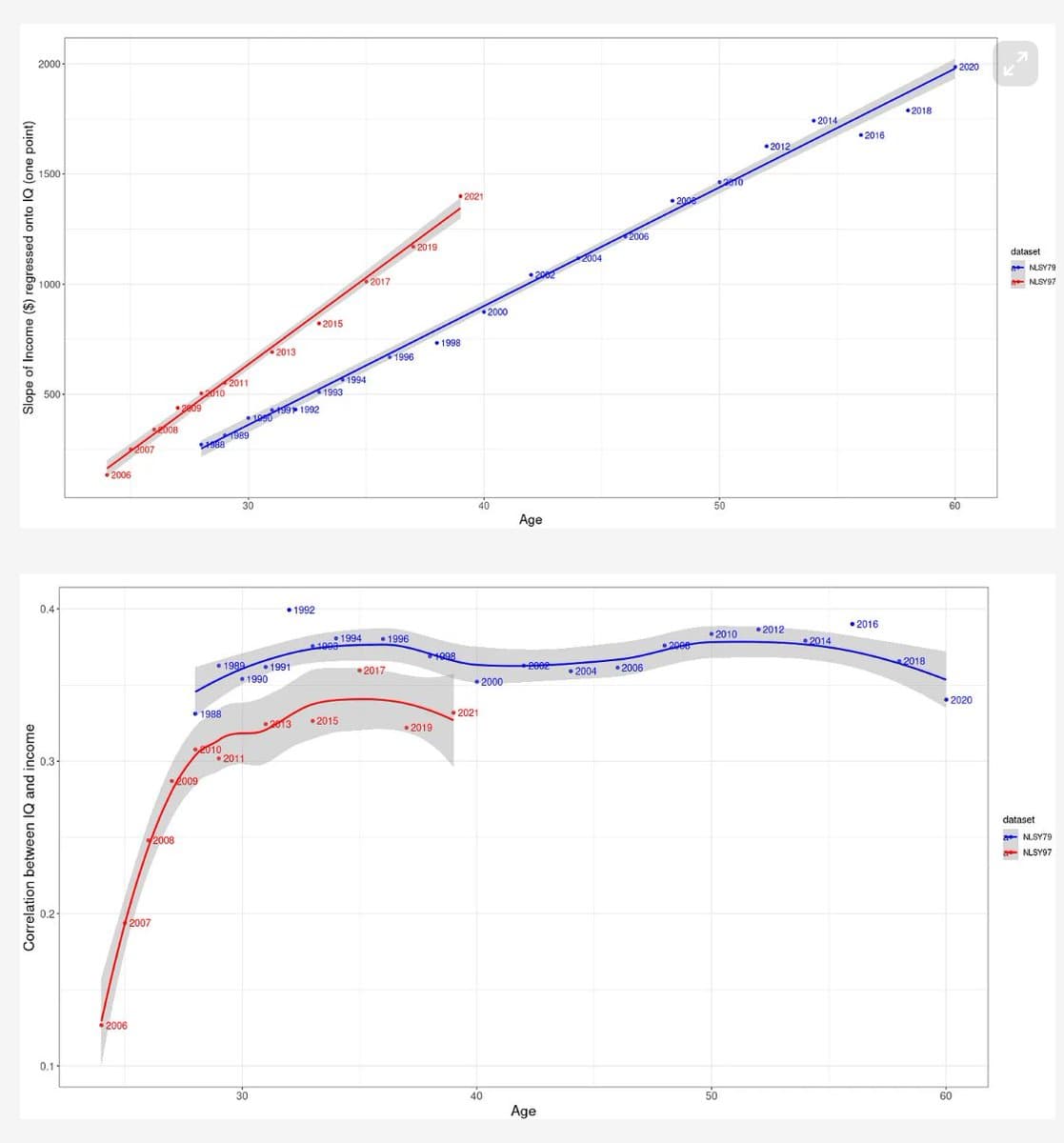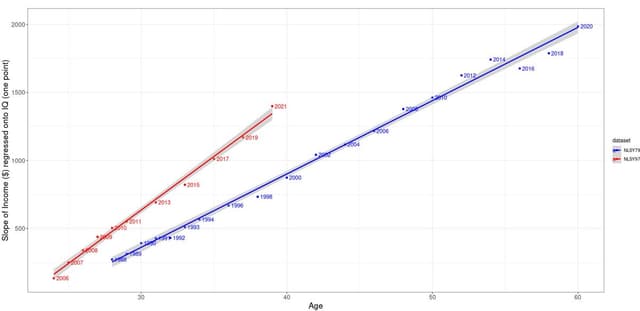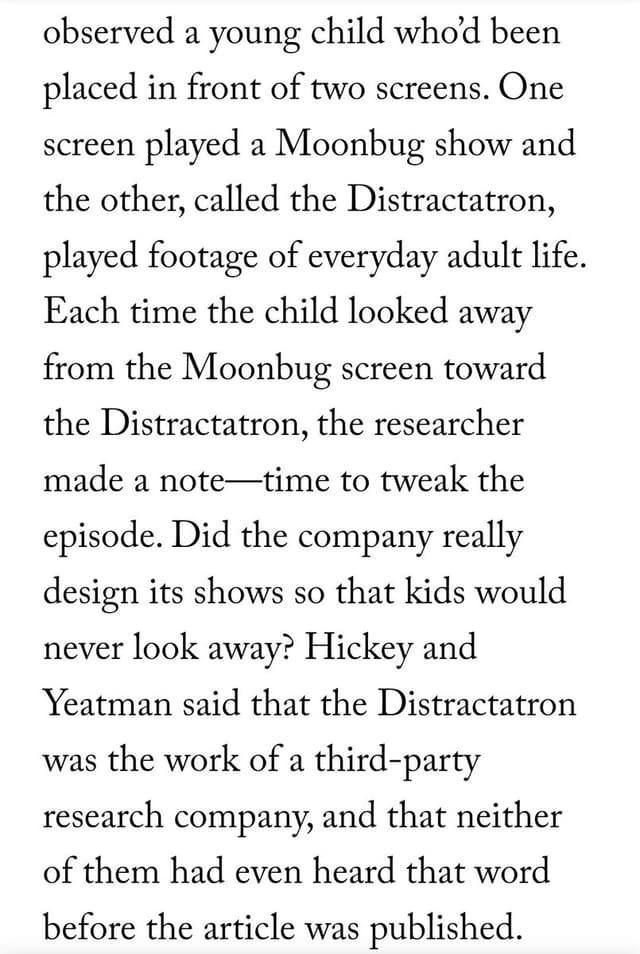🧵 View Thread
🧵 Thread (31 tweets)

The good news: we got much better at running The Sort. The bad news: we got much better at running The Sort.

We, the societal we, implemented a relatively effective nationwide (and increasingly worldwide) dragnet for talent, then plucked that talent from the not-random-but-constrained walk through lives it would counterfactually have encountered and tracked it fairly narrowly.

The Sort makes many mistakes, in both directions. It leaks promising candidates. The Sort doesn’t really feel good or bad about that, because it is an emergent behavior of a system comprised of many disparate actors with differing incentives, values, and similar.

The Department of Public Works in a small Iowa town is a competent administrator? How competent? Because most forms of competent are inefficiently competent. The Sort would prefer him to have ended up with two OOM more budget and four OOM more impacted users.

The Sort, hearing family history, thinks that it was an obvious mistake that my father was a paralegal (swap with worst lawyer, Pareto improvement) and thinks it got closer with regards to me and still squandered a decade. Not a value judgement; just inefficient, you understand.

The Sort is incredibly aware of agglomeration effects. If one doesn’t understand them, NP, low-productivity areas also require labor forces. One will enjoy taking in the cultural delights of the world’s foremost cities when one can afford to vacation to them.

(The Sort didn’t ban building housing in those cities. It is as puzzled by that as everyone else is. It suggests it’s usual remedy: maybe if we just sort harder the problem will go away. The Sort is correct in its perception that this has worked in many contexts for it.)

The Sort is quite aware that many people viscerally hate descriptions of its operations. It has decided to fib about them as a stakeholder management strategy. Capacity with encoding and decoding this sort of fibs is sorted for, naturally. They’re really quite efficient.

@patio11 This rings true for me in an interesting way: I didn’t go to a top Ivy league school and didn’t study mathematics so getting to hedge fund land felt like fighting The Sort and I had to go an alternate route:

@patio11 The actual correlation seems lower though? Without digging in and just taking a stab: plausibly the explosion in top-end incomes? Worse sort, wider dispersion? What was the boomer equivalent of the $400k developer job? Was there one? https://t.co/kg1M9mnbAZ


@patio11 Can't decide if this thread is a good or bad example of its own conclusion https://t.co/ORTYyMz7e5

The Sort is quite aware that many people viscerally hate descriptions of its operations. It has decided to fib about them as a stakeholder management strategy. Capacity with encoding and decoding this sort of fibs is sorted for, naturally. They’re really quite efficient.

@patio11 This graph is a methodological mess: IQ is normally distributed; correlating it linearly to income is terrible, and quite irrelevant to The Sort. (The graph practically only analyzes individuals with IQ 85-115, while The Sort does care a lot about individuals with IQ 130+.)

@patio11 https://t.co/dm8wY77v8e https://t.co/RbDpH57550


@patio11 Not sure how loud I have to scream, I'm a counter-example... Of course the tendency of you types is to suggest that counter-examples must actually have low IQ's. Several tests would say otherwise. You're just incorrect about what this supposedly great system is overlooking.




